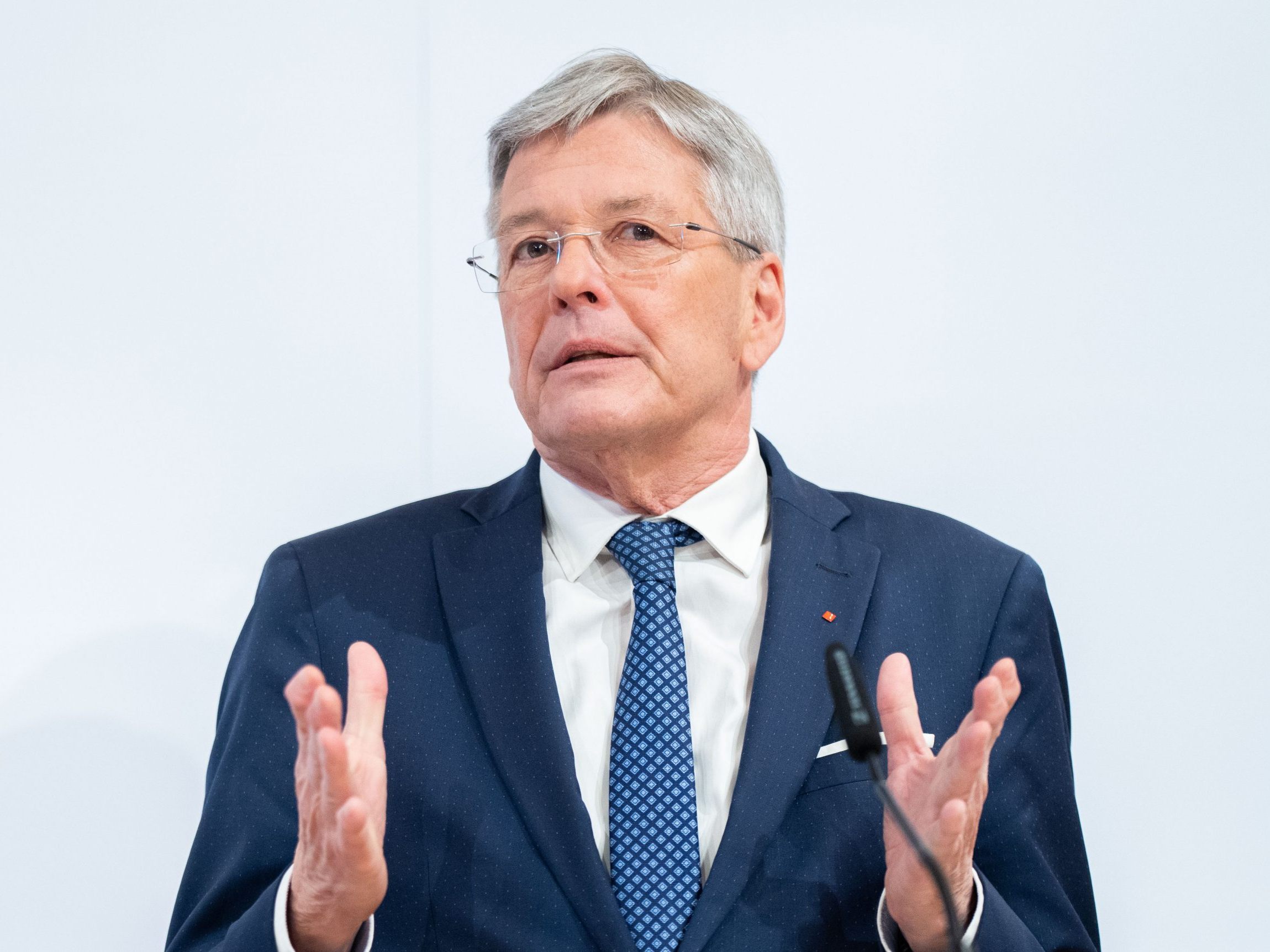EMRK: Kaiser Advocates for "Open, Non-Ideological Discussion"

The Carinthian governor Peter Kaiser (SPÖ) advocates for an "open, non-ideological discussion" about a "further development" of the European Convention on Human Rights (ECHR). Laws and international agreements are regularly revised and adjusted, Kaiser stated in an entry on his blog. The opinion of the Social Democrats is different, said SPÖ leader Andreas Babler; NEOS chairwoman Beate Meinl-Reisinger finds the initiative good.
Initiative by Stocker
Recently, Chancellor Christian Stocker (ÖVP) also caused discussions within the coalition when he called for changes in the jurisprudence of the European Court of Human Rights (ECHR) in the area of migration. This court, among other things, interprets the ECHR. For this initiative, which Kaiser did not specifically refer to in his contribution, Stocker received rejection from NEOS and also the SPÖ. The ECHR is an international treaty, and changes are therefore only possible with the consensus of the contracting states. Furthermore, it holds constitutional status in Austria.
Since 1950 (the year the ECHR was adopted, note), the world has changed, argues Kaiser in his blog post, initially cited by the "Kronen Zeitung." "Globalization, digitalization, worldwide wars, and in the future, increased climate-induced migration movements, the strengthening of religious and political radicalization, as well as the increase in terrorist acts of violence, increasingly test the foundations of our peaceful democratic society. The question of whether and in what way the existing regulations of the ECHR effectively apply in these new realities is legitimate."
"Milestone of European Civilization"
The Austrian constitution has been amended more than 100 times since it came into force, Kaiser stated. The EU's General Data Protection Regulation is also a response to a completely changed data world compared to previous decades. "So why should the ECHR, of all things, be subject to an almost sacred, unchangeable status - even though the conditions for its application have changed significantly?"
The protection of individual fundamental rights must "always be reconciled with the security of the entire community," emphasized the Carinthian state leader. In cases of severe violence, radicalization, or terrorism, there should not be the impression that democratic constitutional states are being pushed into inaction by their own rules. The ECHR is a "milestone of European civilization": "But even milestones occasionally need a stable foundation to avoid breaking under new pressures."
"One-way street for asylum abuse"
Vice Chancellor Andreas Babler (SPÖ) emphasized before the Council of Ministers on Wednesday once again that Stocker's initiative was not a coordinated action by the government. The opinion of the Social Democrats is different. He had spoken with Kaiser, who had expressed his opinion, said the Vice Chancellor.
Support for Kaiser's initiative came from Tyrol. The former SPÖ state party chairman Georg Dornauer spoke to the online medium "exxpress," stating that a review of the ECHR was "long overdue." It had become a "one-way street for asylum abuse." The former deputy governor, who fell from grace over a hunting trip with René Benko, demanded "a practical zero quota in immigration." He had previously called for an "asylum cap of zero," but backtracked after internal party criticism. Now he stated: "For years I have been demanding this course. Reality has confirmed me." He also recommended to the APA that his party change direction, otherwise the party would plummet to "below 20 percent" in the next national election. This would then be the responsibility of those "who have allowed the party to drift far to the left." For him, social democracy must be "socially left, security-wise right, and economically in the healthy middle."
Foreign Minister and NEOS leader Meinl-Reisinger, on the other hand, said she found the initiative good. "I never understood it, not even from the Federal Chancellor, that he fundamentally questions the Human Rights Convention, but assumes that we want to be capable of action." Previously, NEOS club chairman Yannick Shetty had said that better coordination was needed in the future, as it was an action by the Federal Chancellor and not the government.
The people would no longer want the "loss of control" and irregular migration "to this extent," said Meinl-Reisinger. The ability to act of the state and the EU must be ensured, but on the basis of the rule of law and human rights. It is good and right to push for a more restrictive legal framework.
(APA/Red)
This article has been automatically translated, read the original article here.





